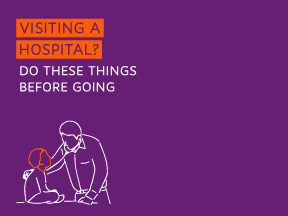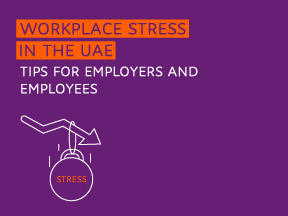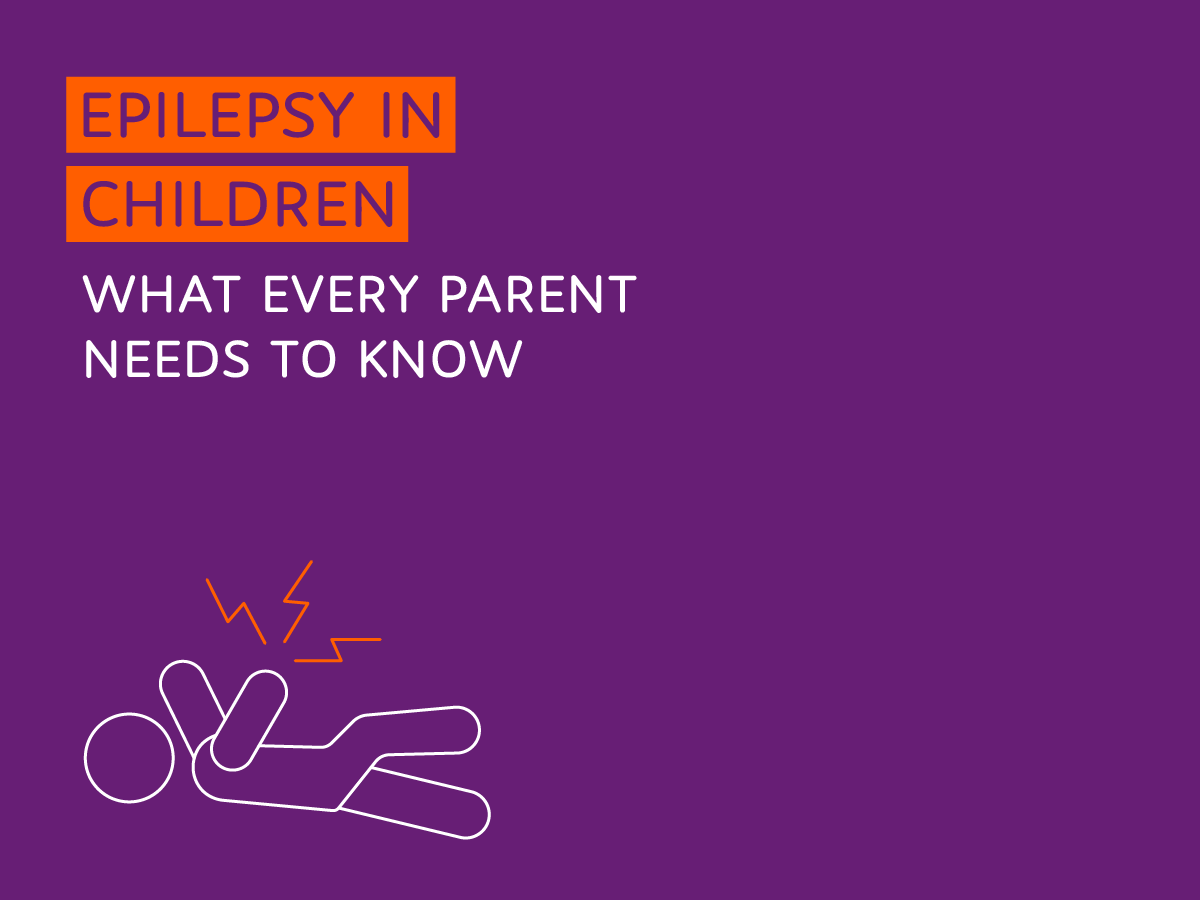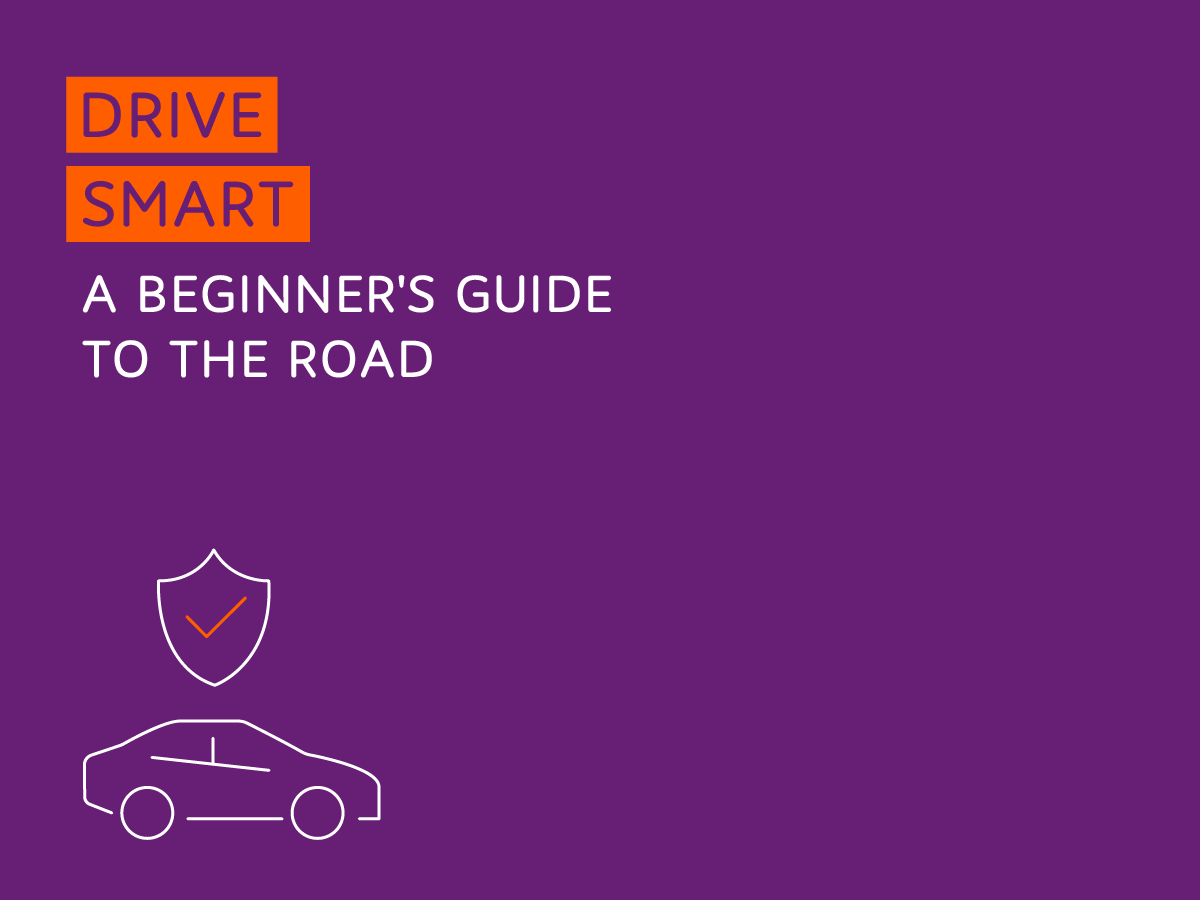Posted on February 09, 2025
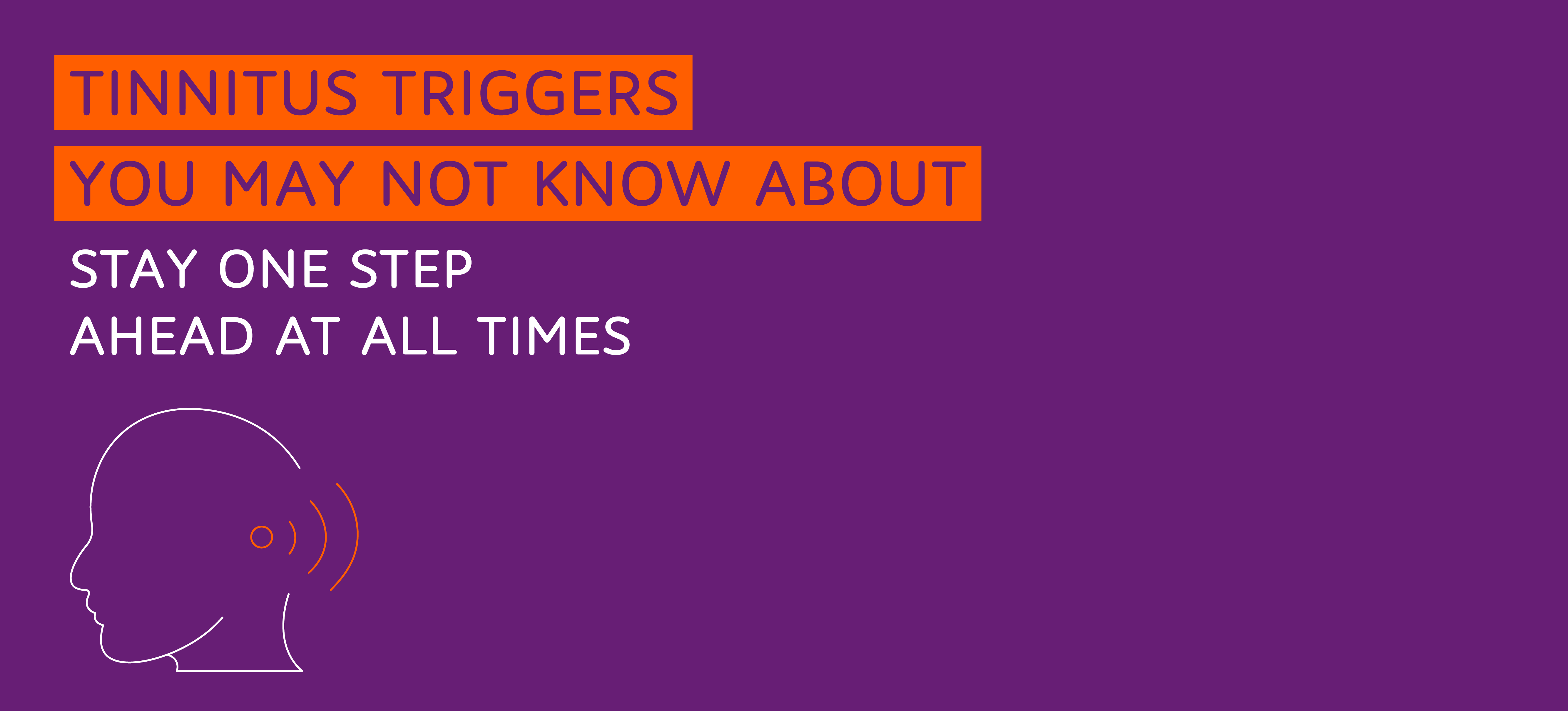
If you’ve experienced that persistent ringing, buzzing, or humming sound in your ears, then you deal with tinnitus and know how frustrating it can be.
While some triggers (like loud concerts or headphone use) are common knowledge, there are a whole host of lesser-known culprits that might be making your tinnitus worse. Let's dig into some of these unexpected triggers and explore ways to manage them.
1. Stress – The Silent Amplifier
You might be thinking, “Stress? Really?” Yes, really!
Tinnitus and stress often go hand-in-hand. When you’re stressed, your body releases cortisol, a hormone that can heighten your perception of tinnitus. Ironically, the more stressed you get about the ringing, the louder it seems to become—a vicious cycle if there ever was one.
What You Can Do
Practice relaxation techniques to keep stress in check. Mindfulness meditation, deep breathing exercises, or even a few minutes of yoga can work wonders.
2. Caffeine – Your Morning Fix May Be Fixing the Volume
Do you rely on a hot cup of coffee to jumpstart your day? While caffeine has its perks, it could also be aggravating your tinnitus. Caffeine can increase blood pressure and stimulate your auditory system, potentially making the ringing more noticeable.
What You Can Do
You don’t necessarily have to ditch caffeine altogether (we’re not monsters!), but cutting back might help. Try switching to herbal teas or gradually reducing your daily intake to see if you notice an improvement.
3. Medications – Hidden Culprits in Your Medicine Cabinet
Certain medications can have ototoxic effects, which means they can damage your inner ear or worsen tinnitus. Common offenders include some antibiotics, antidepressants, diuretics, and even over-the-counter painkillers like aspirin and ibuprofen when taken in high doses.
What You Can Do
Always consult your doctor if you suspect your medication might be contributing to your tinnitus. They can explore alternatives or adjust your dosage to mitigate the effects, if required.
4. Environmental Noise – The Everyday Overlooked Trigger
Have you been to a bustling coffee shop, worked in a noisy office, or lived near construction zones? Constant exposure to moderate noise levels can sneakily worsen tinnitus. This doesn’t just apply to loud, sharp noises but also to persistent low-level sounds that your brain struggles to filter out.
What You Can Do
Invest in noise-canceling headphones or earplugs when you’re in loud environments. For sensitive ears, white noise apps or devices can help mask triggering sounds and create a soothing atmosphere.
5. Poor Sleep Patterns – When Rest Turns Restless
Poor sleep and tinnitus don’t mix well. Lack of sleep can heighten stress and anxiety, amplifying your awareness of tinnitus. Think about it—have you ever noticed that the ringing feels louder when you're lying awake at night?
What You Can Do
Create a solid bedtime routine. Avoid screens an hour before sleep, keep your bedroom cool, and use a white noise app or device. If sleep continues to be an issue, a conversation with a sleep specialist might uncover deeper problems.
6. Dietary Choices – What’s on Your Plate Matters
You might not have connected your dinner plate with that constant hum in your ear, but certain foods and drinks can irritate tinnitus. High sodium, for instance, can affect your blood pressure and worsen symptoms. MSG, a common food additive, and even alcohol can also be problematic for some people.
What You Can Do
Opt for a balanced diet rich in leafy greens, fruits, whole grains, and omega-3s, which support overall ear health. Monitoring how your body reacts to specific foods can also help you identify personal triggers.
7. Seasonal Allergies – A Surprising Agitator
Struggling with hay fever or a stuffy nose? Allergies can cause fluid buildup or inflammation in the middle ear, amplifying tinnitus. You might find the ringing seems to worsen during allergy season.
What You Can Do
Consult an allergist and address the underlying issue. Drinking plenty of water and using a humidifier during dry seasons can also help.
8. Jaw and Neck Issues – The Overlooked Connection
If you’ve been clenching your jaw or dealing with a neck injury, these could also be contributing to your tinnitus. Conditions like temporomandibular joint (TMJ) disorder or even poor posture can aggravate tinnitus symptoms by affecting the muscles and nerves around your auditory system.
What You Can Do
If you suspect TMJ or posture issues, consult a general physician. They can guide you through treatments and exercises to alleviate symptoms.
Tuning Out the Noise
Tinnitus might be tricky, but understanding and managing your triggers can help create moments of quiet. The important thing is not to feel overwhelmed—small adjustments can make a big difference. From lifestyle changes to professional advice, there are ways to take control of your tinnitus and improve your quality of life.
Share this article with someone who might be dealing with tinnitus to help us ensure Sukoon For All.




